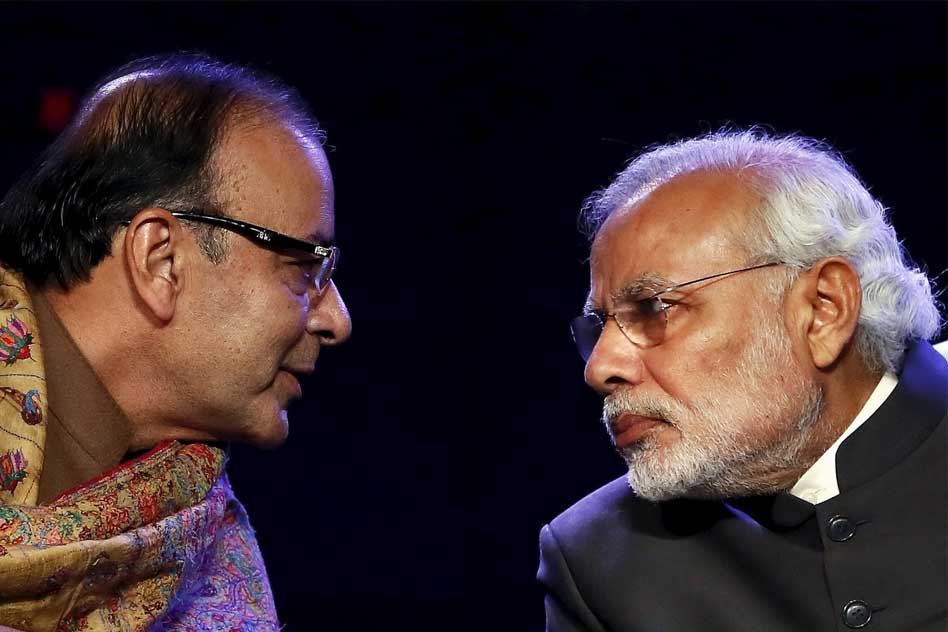
Even After 7 Years, The Direct Tax Code Still Not Implemented, Know About It
30 Dec 2016 11:07 AM GMT
Editor : Sudhanva Shetty Shetty
Writer, coffee-addict, likes folk music & long walks in the rain. Firmly believes that there's nothing more important in a democracy than a well-informed electorate.
India’s income tax laws are codified under the Income-tax Act of 1961. This Act has been amended several times since its inception. While its relevance is indisputable, there have been calls to replace it with a consolidated legislation which will unify all direct tax laws in India and simplify the structure of the same. The culmination of these demands is the Direct Tax Code.
What is the Direct Tax Code?
The Direct Tax Code (DTC) aims to simplify, revise, consolidate and streamline the structure of direct tax laws into a single legislation. The DTC, if implemented, will replace the Income-tax Act of 1961 and all other direct tax legislations.
History of the Direct Tax Code:
The DTC was first drafted in 2009 and introduced in Parliament in August 2010 by then Minister of Finance Pranab Mukherjee. Subsequently, a standing committee was appointed to analyse and advice on the Code. It was initially proposed to be effective from April 2012 before being deferred. It was modified and introduced again in 2013 but has not been implemented yet.
Salient features of the Direct Tax Code:
- General Anti-Avoidance Rules (GARR): GAAR is aimed at preventing foreign companies from escaping taxation in India by exploiting any loopholes in the tax system. Businesses can avoid taxation by transferring their wealth to low-tax regimes or tax havens like Panama and Switzerland. This brings significant losses to the Government. GAAR would allow tax authorities to interrogate suspicious overseas fund transfers and amend the company’s taxable income accordingly if necessary.
- Wealth tax: This is a provision of the Income-tax Act that provides for incremental taxation of ‘super-rich’ individuals and corporations so as to bring in excess wealth that has been lying unused with them. The bill proposes that the limit of maximum net wealth not subjected to taxation would be increased from the existing Rs.30 lakhs to Rs.50 crores.
- Minimum alternate tax (MAT): DTC would provide for gains made by foreign investors (including FDIs and NRIs) by investing in India to be taxed at a minimum rate of 18.5%.
- Taxation of international entities: If a foreign entity has 20% or more of total assets in India, then the income arising from the same would be subject to taxation.
Current status of the Direct Tax Code:
Incumbent Minister of Finance Arun Jaitley noted that many of the provisions of the DTC have already been integrated as amendments to the existing tax law, and said the DTC would most likely be buried. However, many aspects of the original DTC are not present in the Income-tax Act of 1961. There are economists who argue that India’s current tax code is too complicated and needs a complete make-over rather than a few minor amendments. For them, the Direct Tax Code is the answer.
 All section
All section













